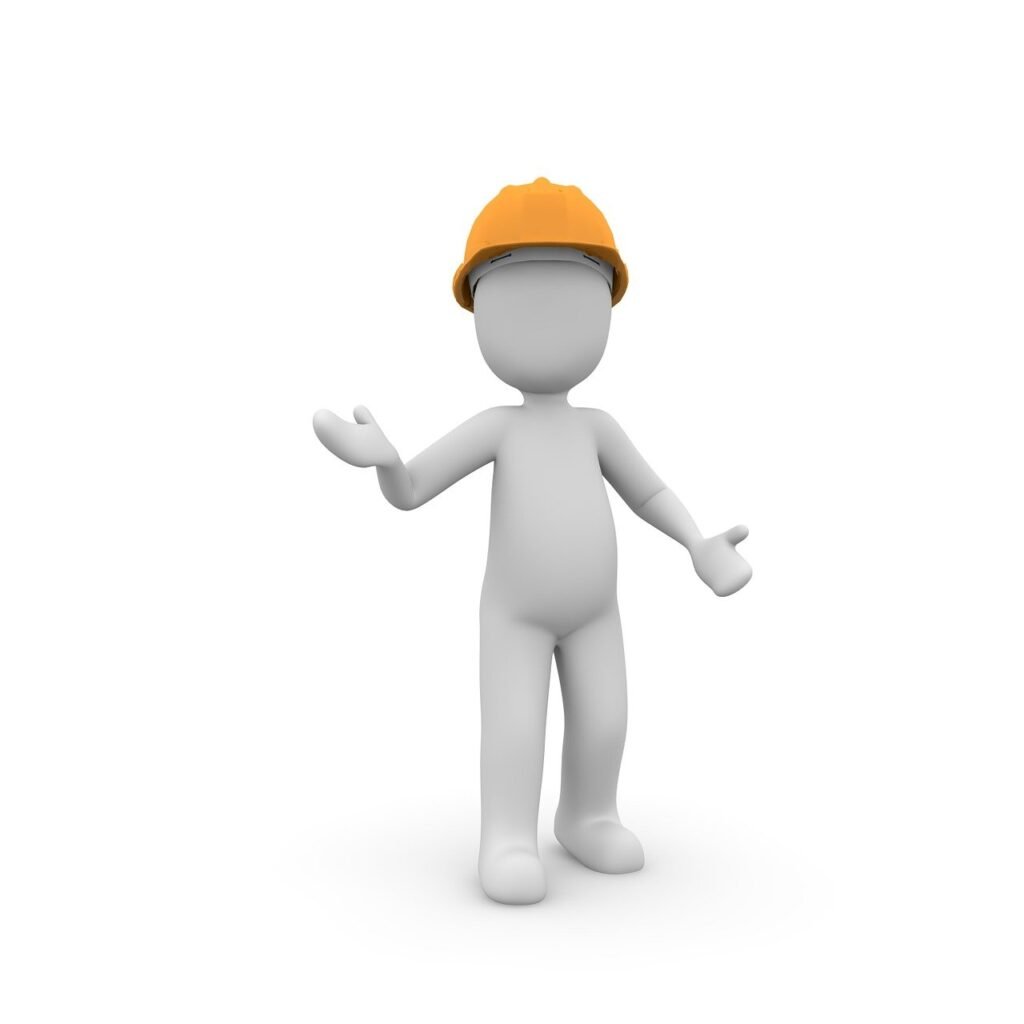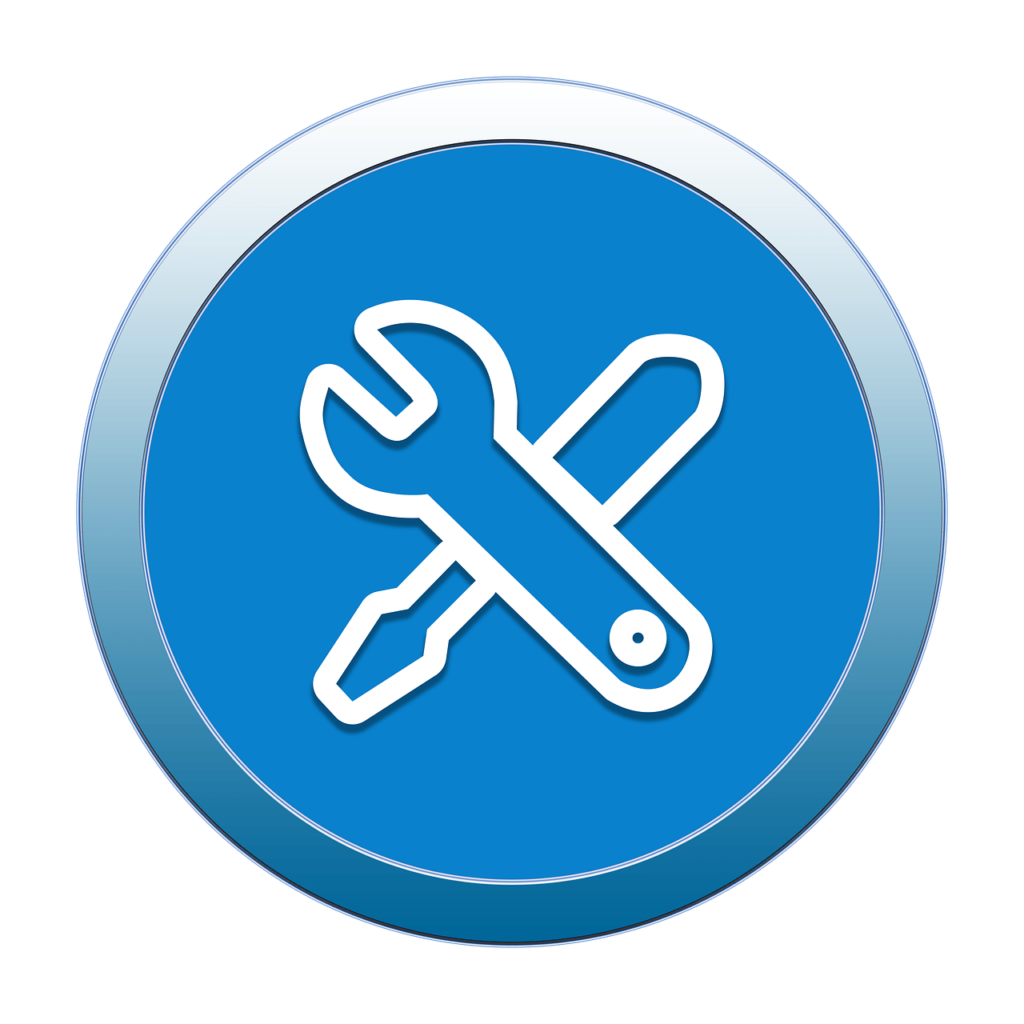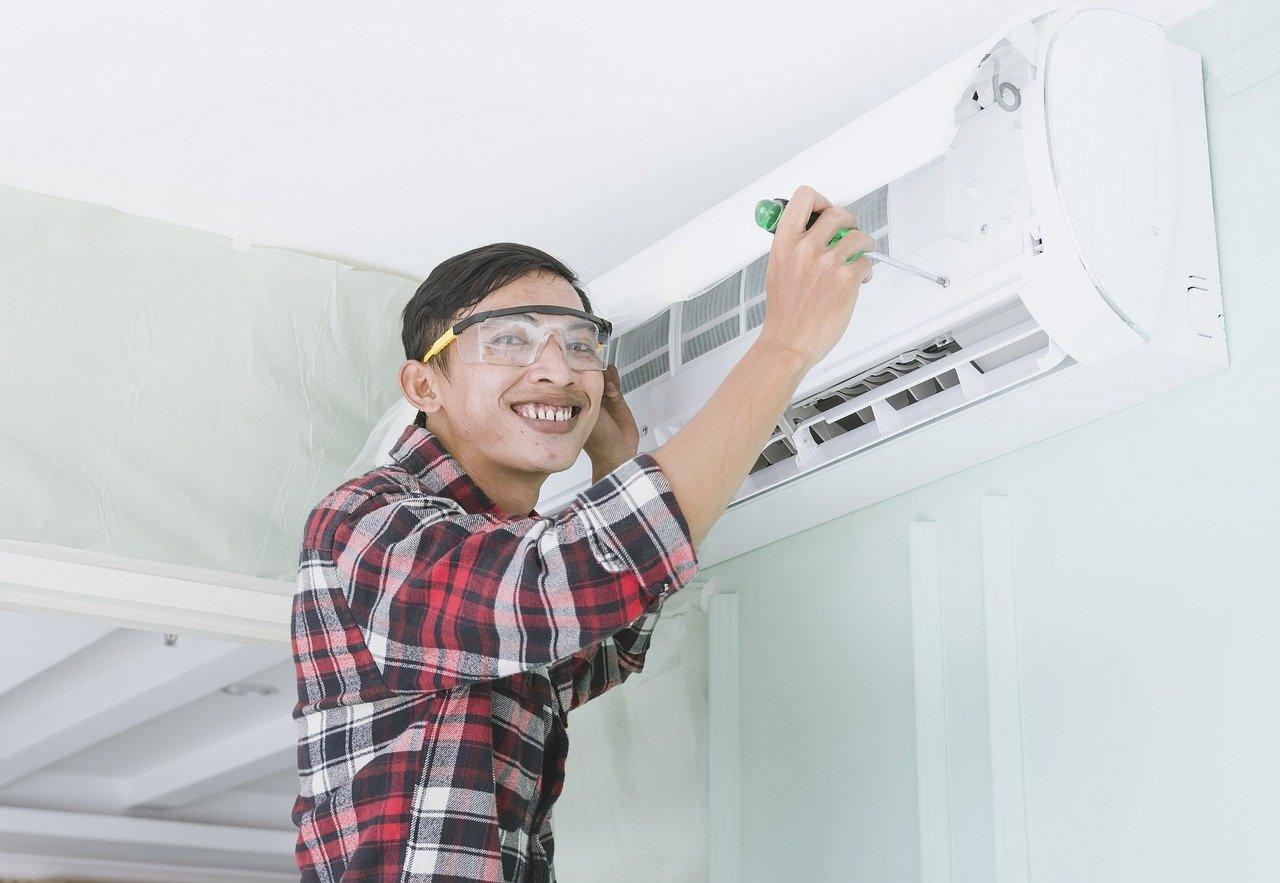Have you ever wondered how you can prolong the lifespan of your belongings and investments?
We all want our cars, appliances, and other equipment to last as long as possible. Regular maintenance checks are crucial to ensure everything stays in proper working condition. In this article, we will discuss the importance of regular maintenance checks and how they can increase the longevity of your valuable possessions.
What are Regular Maintenance Checks?
Regular maintenance checks involve inspecting and servicing various components of an item or equipment to ensure that it functions properly. These checks are usually scheduled at specific intervals to prevent any potential issues or breakdowns.
Think of regular maintenance checks like a doctor’s visit for your belongings – they ensure everything is running smoothly and identify any issues before they become major problems. By investing time and effort into regular maintenance checks, you can avoid costly repairs and replacements down the line.
Why are Regular Maintenance Checks Important?
Regular maintenance checks play a crucial role in extending the lifespan of your possessions and investments. Here are some key reasons why regular maintenance checks are important:
-
Preventative Maintenance: Regular maintenance checks help identify any potential issues before they escalate into major problems. By catching problems early, you can prevent costly repairs and ensure your belongings last longer.
-
Improved Performance: Regular maintenance checks can help improve the overall performance of your belongings. When every component is properly maintained and functioning as it should, the item will operate more efficiently and effectively.
-
Safety: Regular maintenance checks also contribute to your safety. For instance, regular tune-ups for your car ensure that essential components like brakes and tires are in good condition, reducing the risk of accidents.

This image is property of pixabay.com.
The Benefits of Regular Maintenance Checks
Regular maintenance checks offer a wide range of benefits that go beyond just prolonging the lifespan of your belongings. Here are some key benefits of regular maintenance checks:
-
Cost Savings: While it may seem like an added expense, regular maintenance checks can actually save you money in the long run. By identifying and addressing issues early on, you can avoid costly repairs or replacements.
-
Peace of Mind: Knowing that your belongings are well-maintained and in good condition can provide peace of mind. You won’t have to worry about unexpected breakdowns or malfunctions when you invest in regular maintenance checks.
-
Increased Efficiency: Regular maintenance checks can improve the efficiency of your possessions, whether it’s a car, appliance, or equipment. When everything is running smoothly, you can enjoy better performance and save energy.
How to Implement Regular Maintenance Checks
Implementing regular maintenance checks is relatively straightforward, but it does require consistency and attention to detail. Here are some steps to help you get started with regular maintenance checks:
Create a Maintenance Schedule
The first step in implementing regular maintenance checks is to create a maintenance schedule. This schedule should outline when each item or equipment needs to be inspected and serviced. You can use a calendar or a digital reminder to keep track of maintenance checks.
Identify Maintenance Tasks
Next, you’ll need to identify the specific maintenance tasks that need to be performed during each check. This can include anything from oil changes for your car to cleaning filters for your appliances. Refer to the owner’s manual or consult with a professional to determine the necessary maintenance tasks.
Gather the Necessary Tools and Supplies
Make sure you have all the tools and supplies you need to perform the maintenance tasks. This may include basic tools like wrenches, screwdrivers, and cleaning supplies. Having everything on hand will make the process smoother and more efficient.
Perform Regular Inspections
Regular inspections are an essential part of maintenance checks. Take the time to visually inspect your possessions for any signs of wear and tear. Look for leaks, strange noises, or other abnormalities that may indicate a problem.
Keep Detailed Records
It’s important to keep detailed records of all maintenance checks performed on your possessions. This can help you track when maintenance tasks were last completed and identify any recurring issues. You can use a notebook or a digital spreadsheet to keep track of maintenance records.

This image is property of pixabay.com.
Examples of Regular Maintenance Checks
Now that you know how to implement regular maintenance checks, let’s explore some specific examples of maintenance checks for common items and equipment:
Car Maintenance Checks
Cars require regular maintenance checks to ensure optimal performance and longevity. Here are some common car maintenance checks:
- Oil Changes: Regular oil changes are essential to keep your engine running smoothly.
- Tire Rotation: Rotating your tires regularly helps ensure even wear and prolongs their lifespan.
- Brake Inspections: Checking your brakes regularly can help prevent accidents and costly repairs.
Appliance Maintenance Checks
Household appliances also benefit from regular maintenance checks. Here are some examples of maintenance checks for appliances:
- Cleaning Filters: Regularly cleaning filters on appliances like air conditioners and dryers can improve efficiency.
- Checking Seals: Inspecting seals on refrigerators and ovens can prevent leaks and maintain temperature control.
- Inspecting Hoses: Checking hoses on washing machines and dishwashers helps prevent leaks and water damage.
HVAC System Maintenance Checks
Heating, ventilation, and air conditioning (HVAC) systems require regular maintenance checks to ensure they operate efficiently. Here are some maintenance checks for HVAC systems:
- Replacing Filters: Changing air filters regularly improves indoor air quality and reduces strain on the system.
- Inspecting Ducts: Checking ductwork for leaks and blockages can improve airflow and energy efficiency.
- Calibrating Thermostats: Calibrating thermostats ensures accurate temperature control and energy savings.
Conclusion
Regular maintenance checks are essential for increasing the longevity of your belongings and investments. By implementing a maintenance schedule, performing regular inspections, and keeping detailed records, you can ensure that everything stays in proper working condition. Invest the time and effort into regular maintenance checks to enjoy cost savings, increased efficiency, and peace of mind. Remember, taking care of your possessions today will pay off in the long run.
